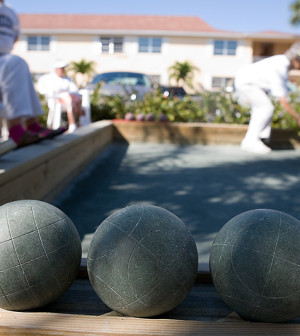Don't Miss
- 8 Ways to Increase Dopamine Naturally
- 7 Best Breads for Maintaining Stable Blood Sugar
- Gelatin vs. Collagen: Which is Best for Skin, Nails, and Joints?
- The Long-Term Effects of Daily Turmeric Supplements on Liver Health
- Could Your Grocery Store Meat Be Causing Recurring UTIs?
- Are You Making This Expensive Thermostat Error This Winter?
- Recognizing the Signs of Hypothyroidism
- 10 Strategies to Overcome Insomnia
- Could Artificial Sweeteners Be Aging the Brain Faster?
- Techniques for Soothing Your Nervous System
Health Tip: Help Prevent Food Poisoning
By LadyLively on October 1, 2013


Seniors, many of whom have compromised immune systems, are at higher risk of acquiring food poisoning.
The Academy of Nutrition and Dietetics suggests how to prevent the problem:
- Using warm, soapy water, wash hands before, during and after preparing meals. Wipe hands dry with a clean, dry towel.
- Make sure your refrigerator is set below 40 degrees Fahrenheit. Use a thermometer inside to check it.
- Promptly store perishables in the refrigerator after grocery shopping or meals.
- Promptly dispose of foods that have spoiled or have passed their expiration dates.
- Never allow raw meat or seafood to come into contact with ready-to-eat foods.
- Make sure all foods are cooked to the appropriate internal temperature and avoid foods that are more likely to cause food poisoning, including raw or rare meat, seafood or poultry and unpasteurized products.
Source: HealthDay
Copyright © 2026 HealthDay. All rights reserved.










